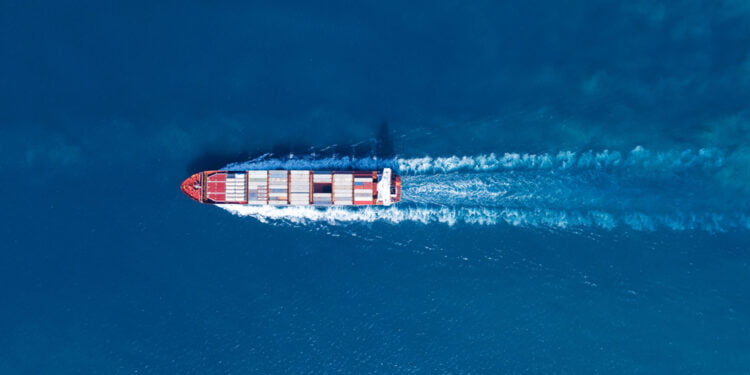The US Coast Guard issued a final rule to make technical and editorial corrections to the Code of Federal Regulations (CFR).
This final rule, which became effective on January 21, 2022, makes non-substantive technical, organizational, and conforming amendments to existing Coast Guard regulations.
These changes are necessary to update authority citations, correct errors, update contact information, and make other non-substantive amendments that improve the clarity of the CFR. This rule does not create or change any substantive requirements
said USCG.
In one of the amendment, the rule revises the definition of “major marine casualty” to apply to property damage initially estimated at $2,000,000 or more, rather than $500,000 as provided in the current regulations.
It also corrects an error introduced in the 2013 Implementation of the Amendments to the International Convention on Standards of Training, Certification, and Watchkeeping for Seafarers, 1978, and Changes to National Endorsements final rule to limiting an officer’s endorsement obtained with an orally assisted examination to vessels of 200 gross register tonnage (GRT), rather than 500 GRT.
Furthermore, the rule replaces references to required pilot experience on vessels of 1,600 GRT or 3,000 “gross tonnage” (GT) with reference to 1,600 “gross register tonnage” (GRT) only.
In the STCW final rule, the Coast Guard adopted the convention that it would use GRT when discussing national endorsements and GT when discussing Standards of Training, Certification, and Watchkeeping for Seafarers endorsements.
In the Correcting Amendments to the STCW final rule, the Coast Guard decided to revert to the prior text of the 2013 rule, but omitted the convention of solely using GRT for national endorsements and reverted to the prior text without editing the tonnage to 1,600 GRT. As a result, the requirement for GRT remained, causing confusion in the industry.
In addition, the rule amends the definition of “issuing officer” by adding qualified civilians to the list of Coast Guard personnel who may issue a notice of violation (NOV). Previously, the definition only provided that Coast Guard commissioned, warrant, or petty officers could issue NOVs.
These officers do investigate potential violations, however an increasing number of investigating officers are civilian employees of the Coast Guard.
These civilians have the same training and apply the same policies as uniformed issuing officers. Adding qualified civilians to the definition of “issuing officer” will not change the frequency or type of NOV issued.






























































